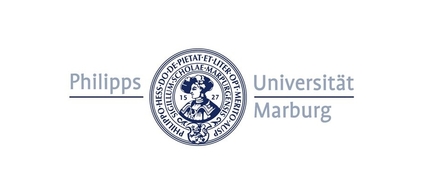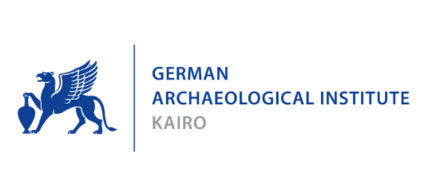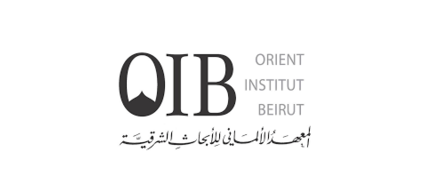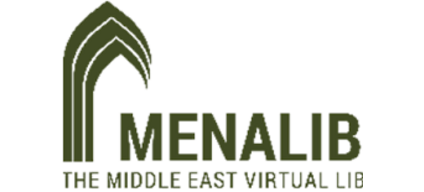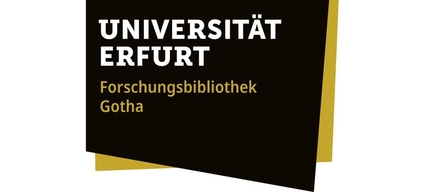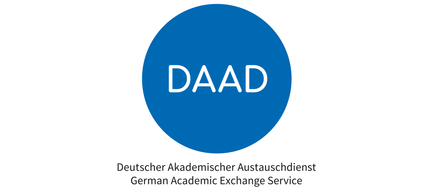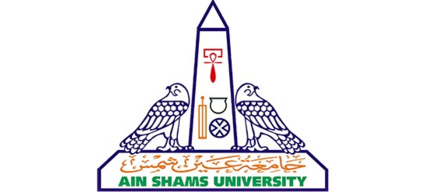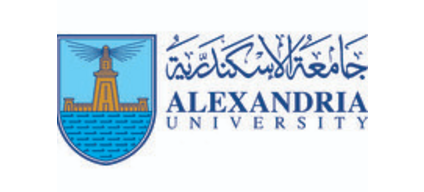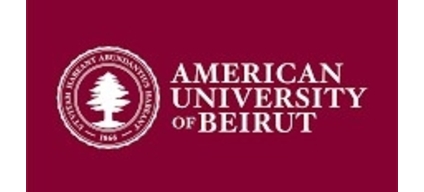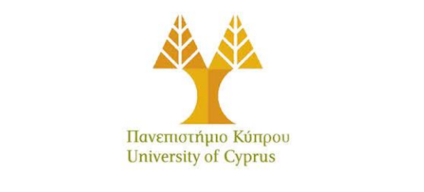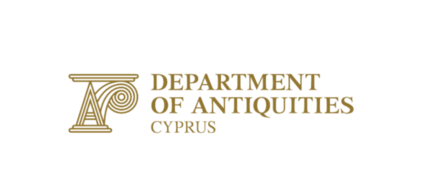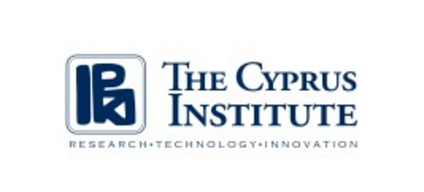Main Content
In a nutshell

Motivations
The state of teaching and research on Material Culture in the Eastern Mediterranean (here especially Egypt and Lebanon) has reached a threshold where reflection cannot progress without pooling together disciplines and periods (Antiquity, Middle Ages, and the Early Modern Period). Archaeologists have become sensitive to the natural and human context of the settlements they study but face an absence of data for the Islamic period, especially after the twelfth century. Historians, and especially medievalists, must deal with the limited corpus of available sources and move beyond traditionally urban-centric history in order to open the field of research to rural and environmental studies.
Fields
Our project therefore aims to bring the fields of Egyptology, Antiquity Studies, Islamic Studies, Archaeology and the History of Pharmacy and Medicine from Marburg University together with colleagues from Germany, Egypt and Lebanon in order to develop a holistic approach on materiality in research and teaching.
Qualifications
At the university of Marburg we build on decades of research, archaeological work, digital archiving and teaching of the involved colleagues in Germany, Egypt and Lebanon. Moreover, we successfully applied in the past for mutual DAAD and DFG projects with the American University in Beirut, Ayn Shams University, Cairo and Alexandria University.
Promotions
The planned project intends to use these ties and to knot them into a new multilateral network to increase and intensify the mutual research and digitally anchor the findings for the next generations. We therefore aim to hold annual academic workshops and students autumn schools in Egypt, Germany and Lebanon. Moreover, we will organize exchange programmes for scientists and students.
Goals
We aim that thereby the expertise on the ways Material Culture was produced in different periods of time in the same region and the ways we deal with these cultures in the digital age will expand tremendously and be accessible to a much wider audience. By leaving the comfort zones of our individual fields this shall lead to open our horizons as researchers and train a new generation of young scientists who shall be up to the challenges of our time.
Benefits
By doing so Germany will profit through training young German, Lebanese and Egyptian specialists who will constitute long life networks to the benefit of German academic institutions. It will hopefully also help German scholars to obtain good access to Lebanese and Egyptian sites and institutions and will ensure the same for Egyptian and Lebanese scholars.
Networks
The project builds especially on the DAAD-German Egyptian programme partnership project “Digital Heritage in Cyberspace” which ran in the years 2021 and 2022 and developed among other things a bi-national Master programme between Marburg and Ayn Shams University (“Digital Epigraphic Heritage”/DEPH). Recently a “by-law” was signed by both presidencies and a digital lab was initiated at Ayn Shams University with the help of the DAAD funding. The Master and the lab will be open to further partners of the planned network as well and serve as nucleus for similar activities with the American University in Beirut and the University of Alexandria.
